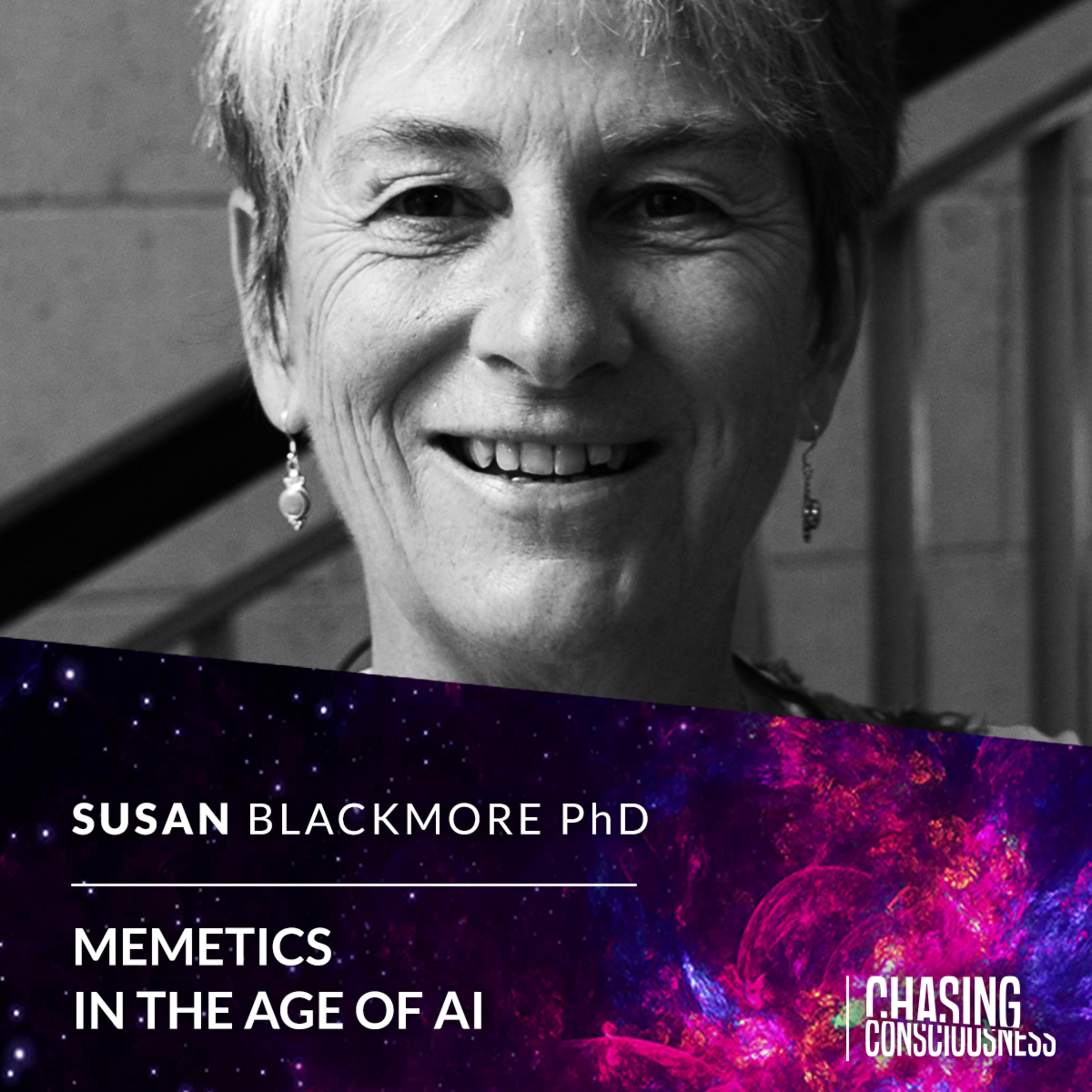View Transcript
Episode Description
What are memes and why do some replicate while others disappear? Are the memes selected for always for the benefit of the host culture? How are our new technologies changing the way memes feedback into our cultural evolution?
In this episode we have the slightly disconcerting ideas of Memetic theory to get our heads around; as we learn how successful ideas and information are replicated by humans before being re-transmitted back out into world. We’ll see how these memes evolve our culture and minds over time, similarly to how our genes evolve through natural selection. But concerns will arise when we realise that this replication is not only selected for memes that are good for human evolution, and so memes seem to take on some type of evolutionary survival of their own. So when we now find ourselves in an internet era, with AI algorithms replicating ideas in an artificially amplified feedback loop with our own human memes, we get a cultural run away train, in which we are not really in control of our own culture and ideas.
So fortunately, to get our head around this tough topic we have one of the inventors of the field, author of the 1999 book “The Meme Machine”, and by now, in her third appearance on Chasing Consciousness, our in-house sceptic - psychologist, philosopher, broadcaster and author Susan Blackmore. She’s best known for her books "Zen and the Art of Consciousness, Consciousness: An Introduction", and "Seeing Myself". Susan’s work spans across hundreds of publications in over 20 different languages, making huge contributions in the fields of psychology, memetics, religion, philosophy of mind, supernatural experiences, and anomalous experiences.
What we discuss:
00:00 Intro.
04:00 Using Natural Selection to apply to the imitation and thus survival of ideas.
06:35 Successful imitation of behaviours came first.
07:35 The ideas that get copied more, for whatever reason, survive longer.
08:40 Language allowed better copying and feedback.
12:10 Memplexes: an analogy of co-adaptive gene-complexes.
14:20 Sue’s scepticism of quantum theories of consciousness.
14:40 Ideas are memes but experiential knowledge is not.
19:05 Concern: Memes themselves are the beneficiary of selfish replication, not the host culture or minds.
22:50 Human rights memes run against genetic replication needs.
26:05 The taboo around memetic theory.
32:40 “Tremes” - technological imitations independent of humans - a third replicator.
40:00 Social media algorithms as super-treme replicators.43:50 Too fast turn around of ideas, hyper vigilance and negativity bias.
47:50 Over stimulated, fast societies - Negative mental health outcomes.
48:20 The implications of artificial general intelligence in terms of Tremes.
53:05 Technology as an extension of our culture.
57:40 Max Tegmark’s “Moloch” allegory.
References:
Susan Blackmore, “The Meme Machine”.
Richard Dawkins - “The Selfish Gene”
